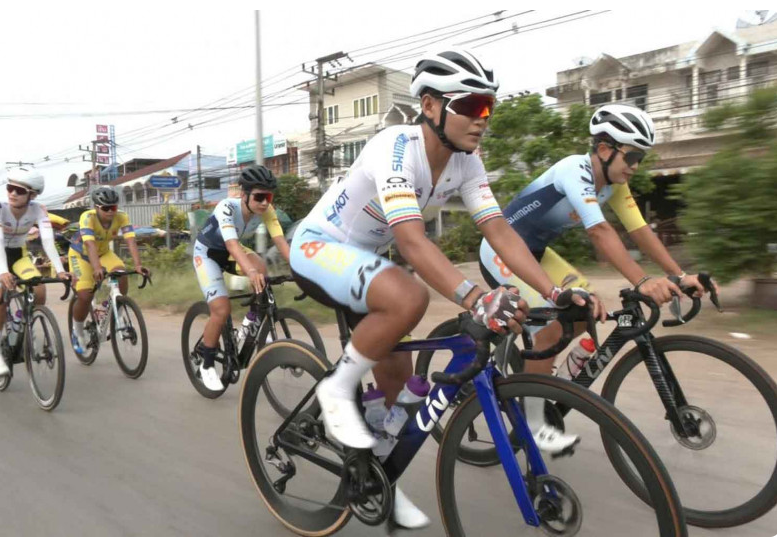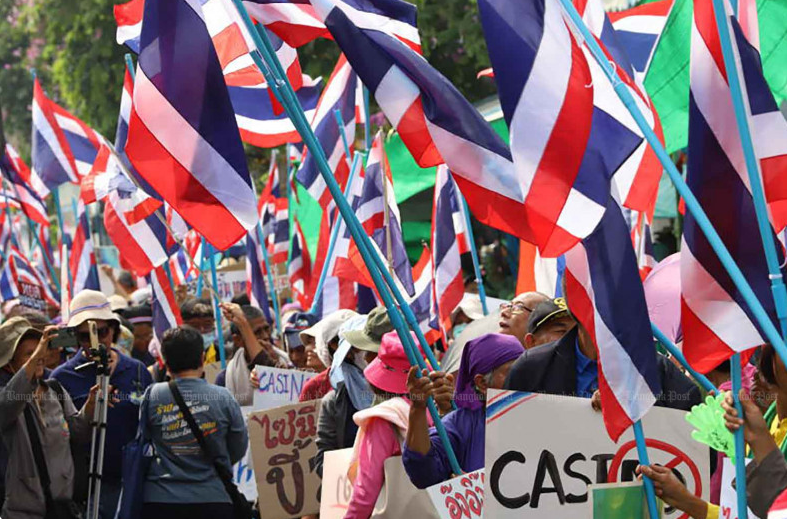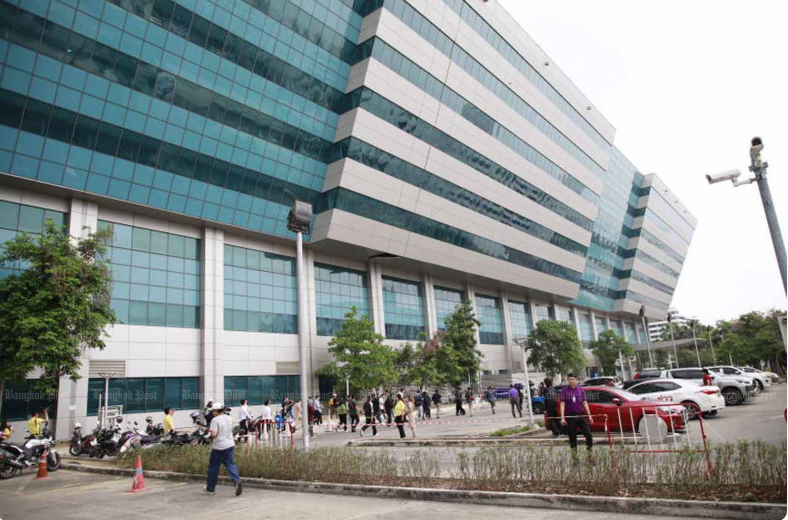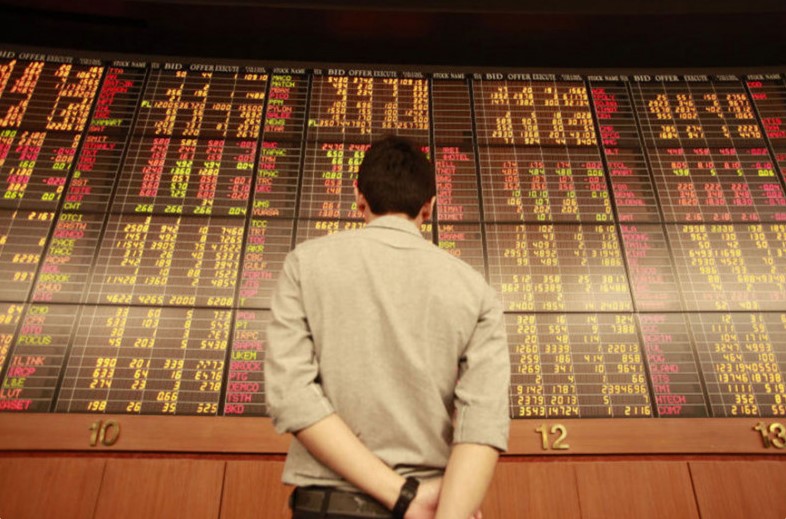SET calls for reform in response to sell-off
To boost investor confidence, the Stock Exchange of Thailand (SET) has requested that the Finance Ministry issue a royal decree to offer better tax incentives on long-term investments and to strengthen Securities and Exchange Commission (SEC) law enforcement powers.
Sentiment on the Thai bourse is weak, with investors dumping shares since the start of the year. Economic growth in Thailand has been sluggish, and listed companies have reported profit results below expectations, resulting in the SET index falling 13% in the year so far.
Thailand is viewed as a so-called “old economy” that is therefore less appealing for investment, SET chairman Kitipong Urapeepatanapong told a news conference on Friday.
The bourse recently submitted an action plan to the Finance Ministry aimed at restoring investor confidence.
The capital market will have an omnibus law with major legal changes, including the establishment of dual-class shares, greater flexibility in corporate structuring and mergers and acquisitions, amendments of the SEC Act, the Civil and Commercial Code, the Board of Investment (BoI) law and the Public Company Act.
SET also proposed a “Jump Plus” initiative to assist listed companies with high potential to increase their value by offering them benefit from taxes, analysis of the financial statements and training programmes.
The bourse aims to work with the BoI to help new economy stocks, and if subsidiaries invest in Thailand and qualify for BoI incentives, the subsidiaries can spin off and list on the Thai exchange, said Mr. Kitipong.
The SET also opposes rule amendments on the 10% restriction of listed companies’ bought-back shares, on three-year reselling limitation for bought-back shares and on six-month suspension period for starting a new buy-back programme.
The bourse is urging the ministry to implement initiatives to develop an ecosystem that entices startups, establishing a regional listing hub for sectors of high growth potential such as healthcare, hospitality, medical devices and food.
Finally, the SET also adversely proposed a tax-deductible long-term investment incentive called the Thailand Individual Saving Account, which once investors invest in stocks could deduct it from our taxable income every year, but investor must continue to keep on every year and do not sell still retirement.
An analogue model in Japan has been successful as well, it provides a simplistic way to carry it out without having to invest through mutual funds.
Mr Kitipong said the measures should be implemented in three to four months.
Analysts expect sentiment to stay depressed at least until the end of March, weighed down by confusion over U.S. President Donald Trump’s trade policies.
“Uncertainty does not favor stock market,” Nattapol Kamthakrua, director of securities analysis at Yuanta Securities (Thailand), said in reference to the confusion surrounding the Trump tariffs, which have sent the Nasdaq index down nearly 5 percent this year.
“The concerns are that it’s going to be difficult for companies to adjust to the rapid changes in Trump’s tariff measures,” said Kavee Chukitkasem, chief of portfolio advisory at Pi Securities.
“I don’t see any measures that would boost SET in a short period. They’re going to have to be particularly careful when they trade high uncertainties are going to remain the whole first quarter,” he said. “After foreign exchanges and the US decline, it will drop even more, the Thai bourse.”
The SET is also to conduct a market consultation to amend regulations on short selling and high-frequency trading (HFT). These were introduced in 2024 as part of the bourse’s drive to promote investor confidence through more robust regulatory regimes.
After a recent review, the SET aims to fine-tune these measures to better reflect prevailing market conditions but still retaining volatility control measures.
As far as measures for securities experiencing a decline in price, the uptick rule is being amended to only apply to short-selling of stocks whose closing price falls 10% or more from the previous day’s closing price, rather than being applied universally to all short-selling. This revision intends to minimize the constraints posed by the short-selling measures, and aligns with the practices on international bourses.
In order to limit price volatility of mid-cap and small-cap stocks, the SET adjusted the criteria of stocks eligible for short-selling and HFT. SET100 stocks with large capitalisation and high liquidity are allowed for short-selling and HFT.
As for stocks that are not qualifying the market capitalisation threshold of 7.5 billion baht or above are out of the eligibility scope.










